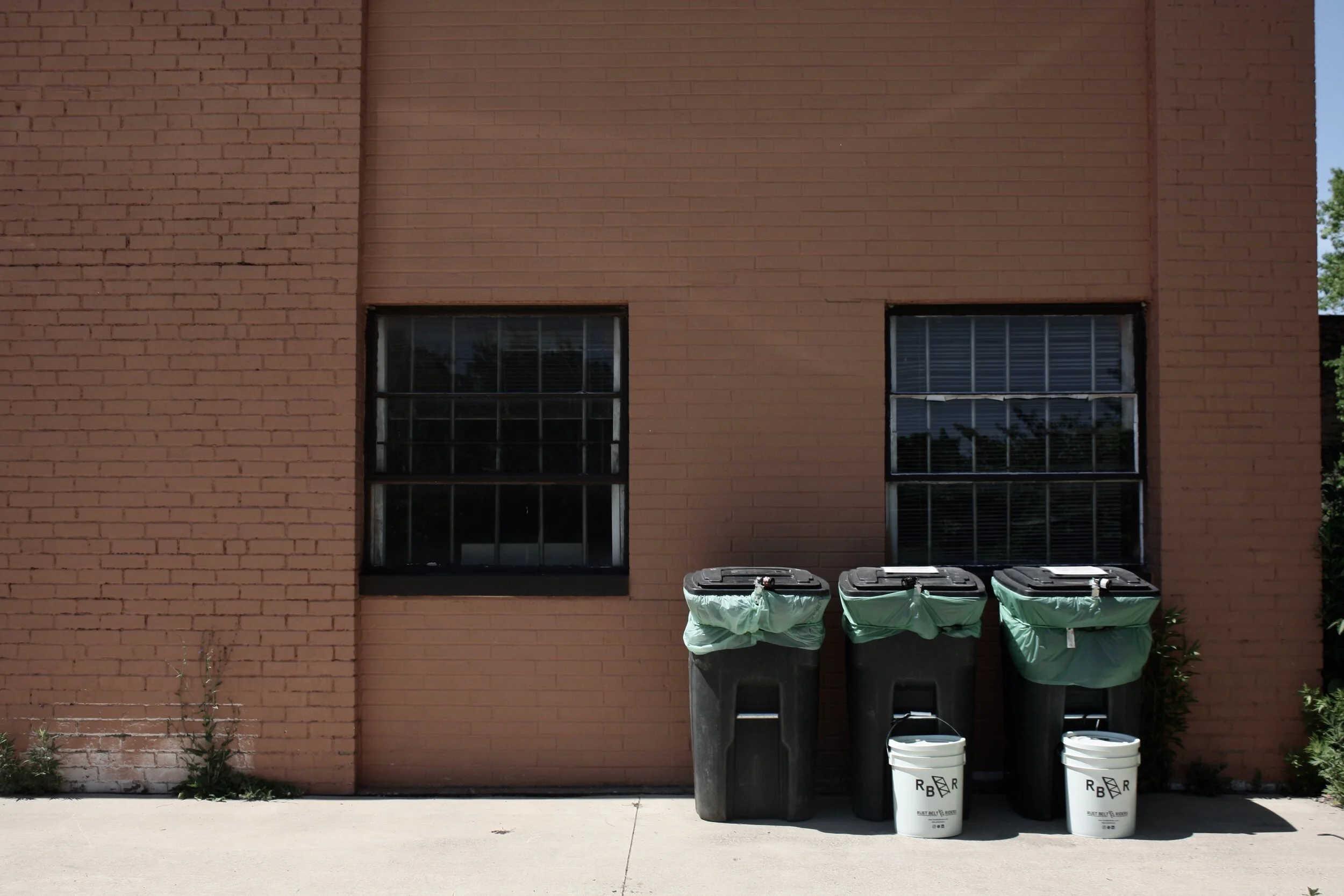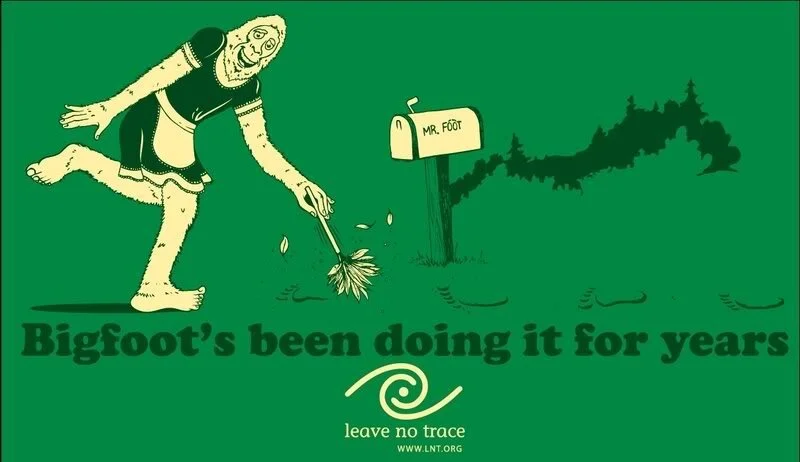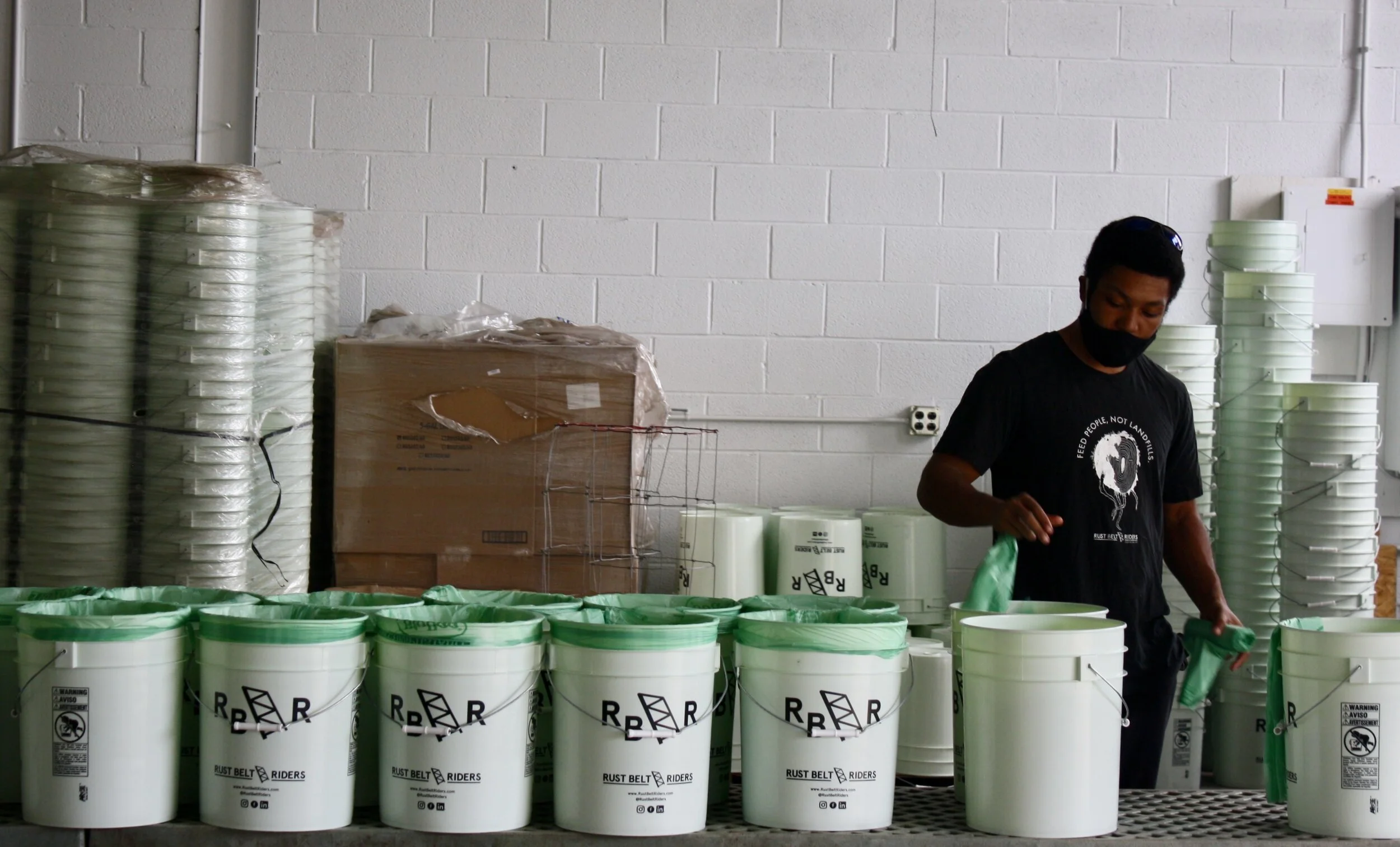I buckled my backpack together, sealing the camping gear inside. As I finished packing for my hiking trip, my eyes gazed over the “Leave no Trace” inscription on my burnt orange hiking backpack. Almost every hiker, or person who has spent some time in the outdoors has come across this ubiquitous rule of thumb for spending time in nature. The Seven Principles of Leave No Trace provide an easily understood framework of minimum impact practices for anyone visiting the outdoors. They include: plan ahead and prepare, travel and camp on durable surfaces, dispose of waste properly, leave what you find, minimize campfire impacts, respect wildlife, and be considerate of other people.
The next Monday on my drive to work, I could not help but notice the amount of trash piled up on the sides of roads, into trees and other foliage, and debris scattered along the highway. Coming off of a weekend of being in an unblemished environment, I could not get the sight of this public garbage out of my head even hours after my commute. Later on that Monday in our office space, I looked up at the whiteboard where the Rust Belt Riders' values are written. In large, bold dark letters, they list: interconnection, discovery, integrity, fulfilling, equity, and regenerative. I lingered over the word “interconnection.” This struck a chord with me. Why should the philosophy of leaving no trace carried by outdoor enthusiasts not be integrated into our everyday lives at home in Cleveland? The website states: “Although Leave No Trace has its roots in backcountry settings, the Principles have been adapted so that they can be applied anywhere — from remote wilderness areas, to local parks and even in your own backyard.”
Photo by Liam Nigro
In a lifestyle article by Leave No Trace, they write, “When working to take care of the natural world, it’s not about what you do when people are watching. It’s about what you choose to do when you’re on your own when you’re left to make those ethical decisions, big and small, on a daily basis.” Similarly to Leave No Trace, here at Rust Belt Riders, we believe that every person can make a difference through small individual actions.The same mentality can be carried into your own food waste at home. If an individual reduces their food scraps at home, it is great, but If 100 people reduce their food scraps at home, the effect is substantial. Now imagine the entire city of Cleveland, nearly 400,000 people reducing their food scraps. That would create serious social, environmental, and economic change.
As a person who enjoys a plethora of outdoor sports, I recognize that it is my responsibility to preserve the environment that I spend so much time in by properly disposing of the trash I bring into these wild spaces. However, I also believe it is part of our duty to carry a Leave No Trace mindset into our everyday life. For instance, Cleveland Metroparks are one of the city’s proud public green spaces where anyone can hike, bike, fish, horseback ride, kayak, or just hang out for the day. In Cuyahoga County where the Metroparks inhabit, the population alone is 1.235 million people with each person on average creating 9.5 lbs of food waste per week. If all of those people took the simple action to reduce their food scraps, we would prevent 219,543,037 pounds of coal from being burned according to this EPA statistic. If we recognize that our food waste issue is one that can be solved through individual efforts joining together, we can take monumental steps towards a more clean, healthy, and sustainable society. Being a steward to the Earth should go beyond the trail and into the actions we take each day to dispose of our food waste at home.
Written by Liam Nigro, a student at The Ohio State University and current intern with Rust Belt Riders.





